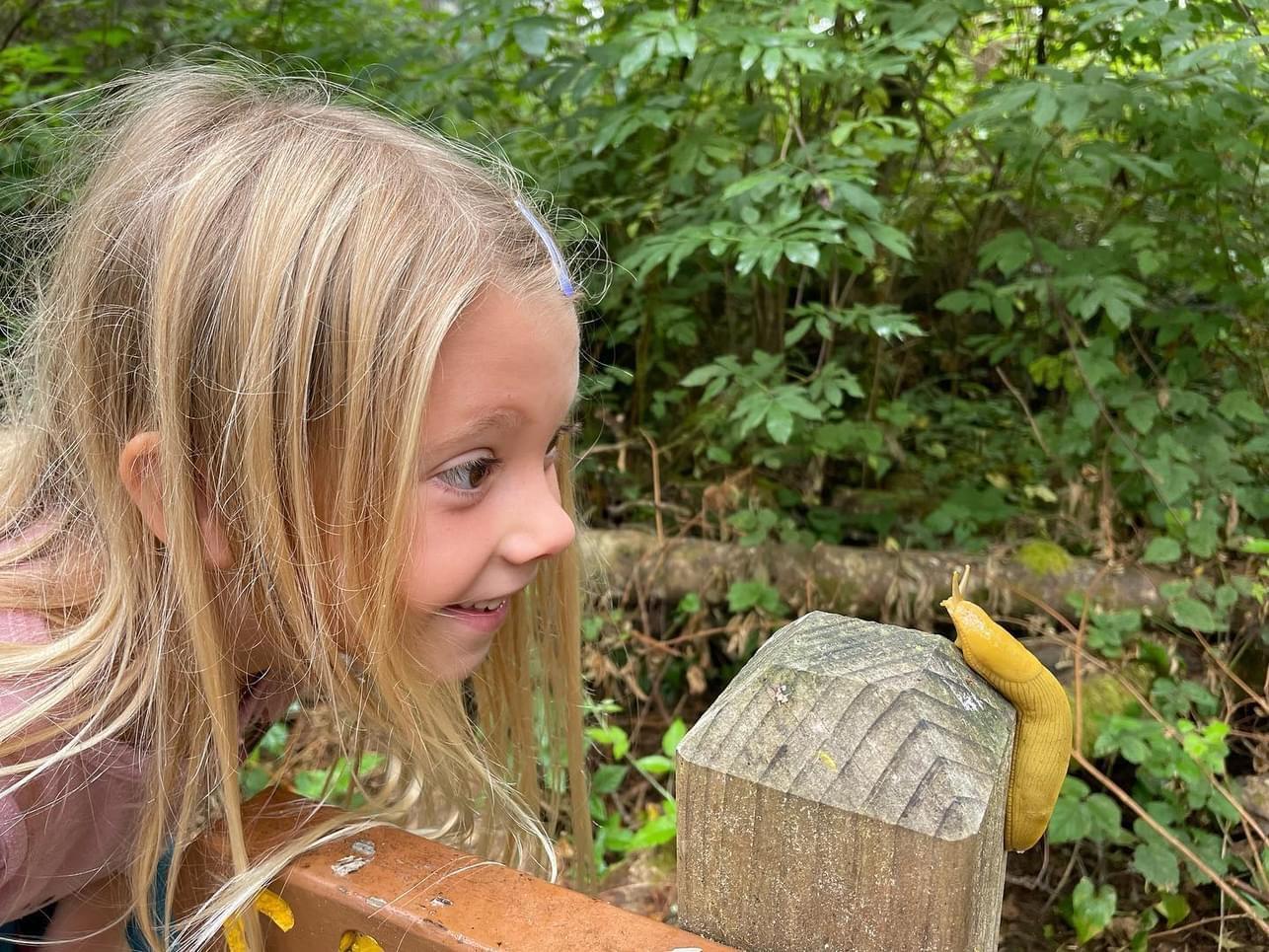
The Nature of Awe
by: Leeta Latham
In my early 20s, I took a job as an outdoor science school instructor, working in the San Bernardino mountains. On the first night of each week, we took students out for an astronomy night. My first week with students was with a group of boys from an urban area of Orange County. It was winter in the mountains and that night was very cold and breathtakingly clear. The boys were inside putting on hats and jackets, and I was waiting outside for them. As the door opened, two boys bounded out the door, but the third boy stopped suddenly in the doorway and stared open-mouthed at the night sky. He was simply awestruck by the night sky – of stars, planets, and the milky way.
I recognized that look, that feeling of awe. I can remember the first time I felt it. It was a year and a half prior and I was drift diving off the Mariana Islands. My buddy and I had just ascended and were resting at about 15 feet from the surface (our safety stop). Prior to the safety stop, I had been focused on the ascent, and before that, the reef. Now the current had taken us just out of sight of the reef, leaving us with nothing but water surrounding us. I watched the ever-increasing distance of water between myself and the reef I once saw in front of me. Behind me and below me the ocean floor fell away. I drifted along like zooplankton, with no sound but my breathing and I became very aware of how very small I was in this immense ocean. I was in awe at its vastness. And as I watched my student gaze upward into the immensity of space, I wondered if he too felt part of something bigger.
Many have experienced the feeling of awe, but the scientific study of awe is only about 20 years old. In their groundbreaking 2003 paper, psychologists Dacher Keltner and Jonathan Haidt proposed experiences of awe have the following two components: an experience of “vastness”, and a “need for accommodation.” Examples of vastness can be actual like Yosemite Valley or a moving piece of music, but it can also refer to conceptual vastness like the theory of relativity. In the study, Keltner and Haidt go on to explain that “Vastness refers to anything that is experienced as being much larger than the self, or the self’s ordinary level of experience.” Whether vastness is literal or conceptual it changes your understanding of the world. The “need for accommodation” that Keltner and Haidt referred to is when you make a shift (accommodation) in your understanding of the world to make sense of the experience.
It is not surprising that nature is a leading elicitor of awe. Nature does have all those mountaintop vistas, towering trees, and vast oceans going for it. In other scientific studies of awe, experiences in nature consistently rank as one of the top one or two catalysts of awe. These awe experiences have both physiological and psychological affects. Goosebumps and increased heart rate are common reactions when experiencing awe, as are increase levels of generosity, kindness, and prosocial behaviors like empathy.
One of our goals is to provide opportunities for transformative experiences while connecting with and visiting the Nature Reserve. We want you to stand under the branches of a 500-year oak tree and wonder how the land has changed since it was a sapling and what stories it would tell us if we spoke the same language. We want you to stand at the top of a ridge trail and watch the sunrise. We want you to join us for an astronomy night where you gaze into the galaxy and perhaps feel your own place within it. We invite you to experience awe.
Check out our Event Calendar for potential experiences of awe.
